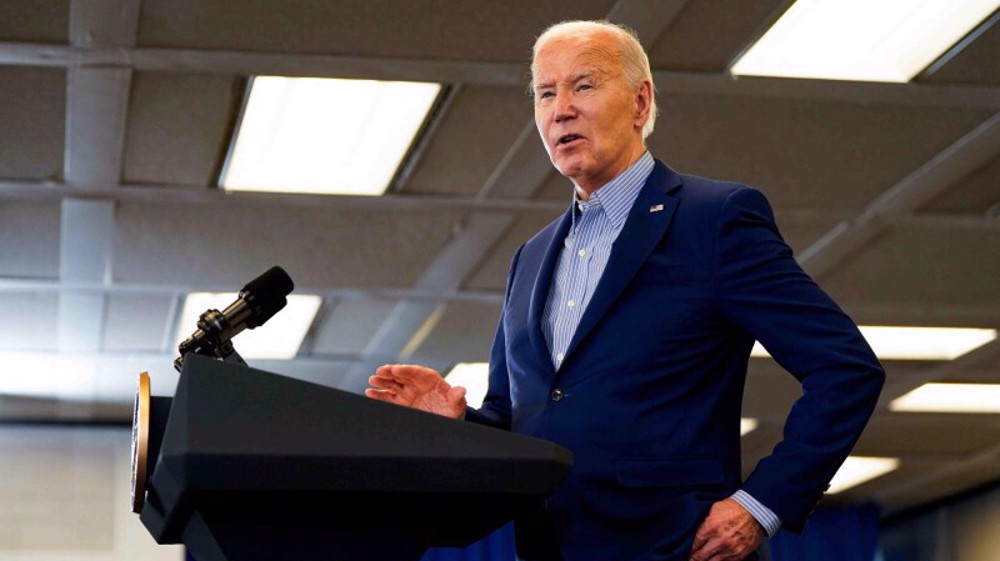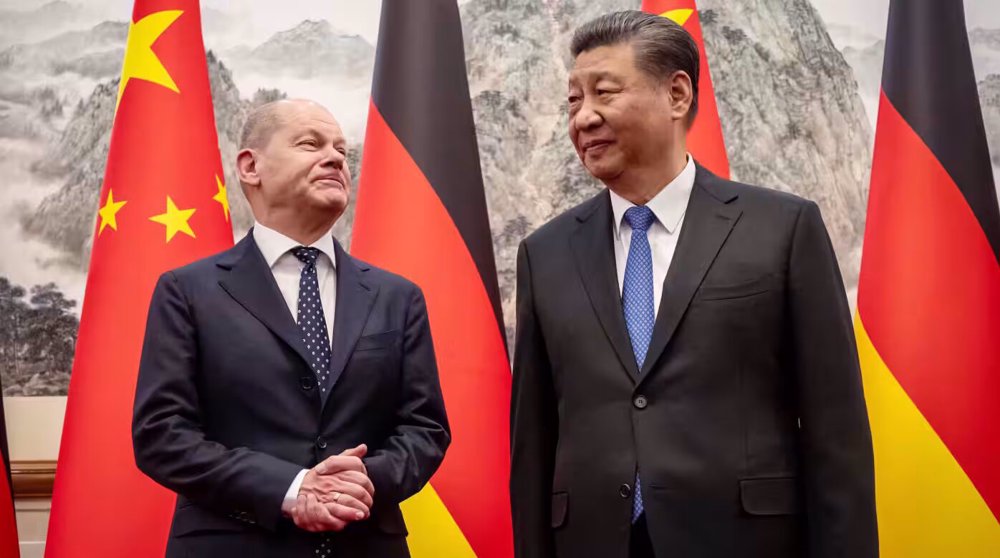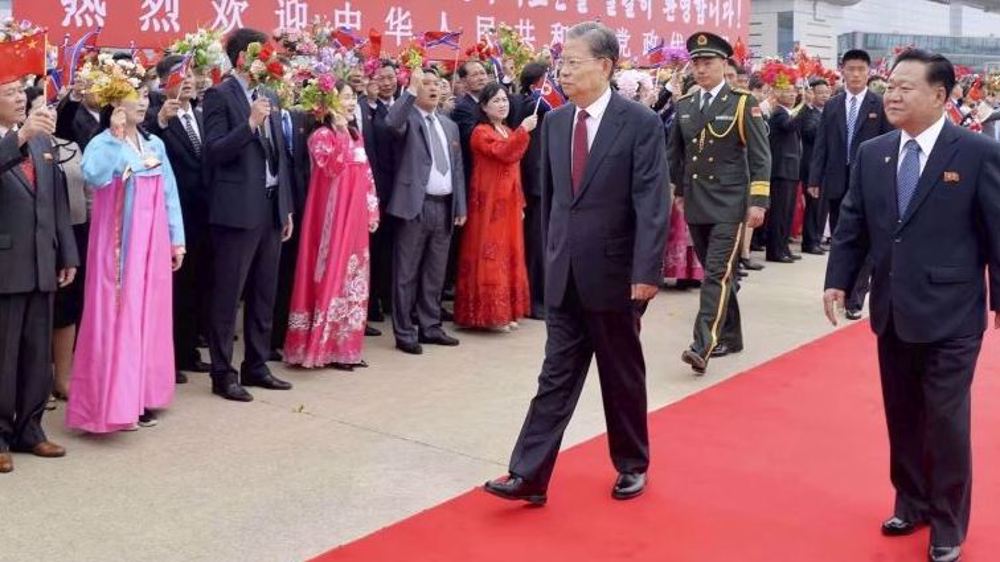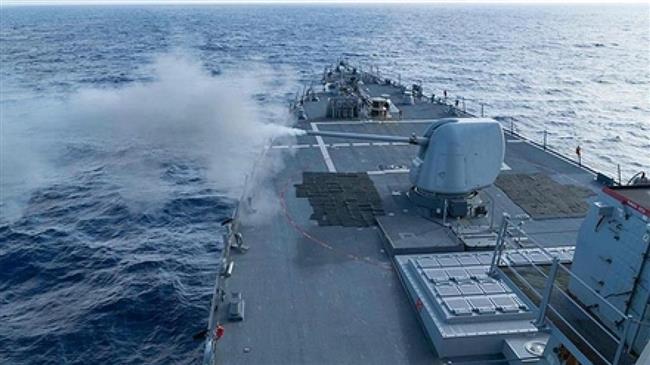China slams US for using nuclear arms treaty with Russia as means to ‘blackmail’ Beijing
China has warned the United States that Beijing will “never accept any form of blackmail” after US President Donald Trump said that his country’s pull out from a decades-old Cold War-era nuclear arms control treaty with Russia also linked to China’s arsenal.
In an attempt to restrict a threatening arms race in the final years of the Cold War era, the US and the Union of Soviet Socialist Republics (USSR), large part of which is modern day Russia, reached an agreement, known as Intermediate-Range Nuclear Forces (INF) Treaty.
The landmark treaty, the first-ever pact reached by then two superpowers on nuclear disarmament, was signed by then American President Ronald Reagan and then USSR General Secretary Mikhail Gorbachev in Washington on December 8, 1987, and came into force a year later, and was successful in eliminating nearly 2,700 short- and medium-range missiles from both sides altogether.
On Saturday, however, Trump announced that Washington would withdraw of the historic accord after alleging that “Russia has violated the agreements ... for many years” in the framework of the treaty. The announcement and the accusation drew the Kremlin’s response on Sunday, denouncing such allegations and vowing to respond with military, technological and other means necessary should the White House insist on pulling out willfully.
The US president also hinted that China, which is not even a party to the treaty, was another country that played a role in the alleged violations.
In a brief press conference on Monday, Trump reiterated his accusations and once more threatened that Washington would “build up” its nuclear arsenal “until people come to their senses.” He also said that the threat “includes China” and “Russia”, insisting that China “should be included in the agreement.”
Trump’s direct allegations against China also drew a response and condemnation from Beijing on Tuesday.
“Now that the United States wants to unilaterally withdraw from the treaty, they start to inappropriately speak about other countries,” Chinese Foreign Ministry Spokeswoman Hua Chunying told a regular press briefing in the capital Beijing.
“This approach of shifting the blame on others is utterly unjustifiable and unreasonable,” she said, adding that Beijing had always pursued a defensive national defense policy. Hua also warned that her country would “never accept any form of blackmail.”
The treaty obliged both Washington and Moscow to eliminate ground-launched cruise and ballistic missiles within three years’ time, and not to test, deploy or possess these weapons in the future. In a bid to ensure the implementation of the treaty, both signatories were allowed to conduct on-site inspections.
According to the inspections, as of the beginning of 2001, Russia and three other members of the Commonwealth of Independent States eliminated 889 medium-range missiles and 587 launchers, 957 medium- and short-range missiles and 238 launchers. The US, for its turn, destroyed 677 medium-range missiles and 288 launchers, 169 medium- and short-range missiles and one launching device.
In recent years, both Moscow and Washington every so often have accused each other of violating the agreements within the treaty.
In late last year, Russia said that the US had violated the treaty, arguing that the missile defense system in Romania - also planned for deployment in Poland this year - could launch Tomahawk medium-range missiles apart from interceptor missiles.
Furthermore, in May, the Russian defense ministry also said that the US produced a series of target missiles.
Experts have already warned that leaving the agreement could provoke a dangerous arms race across Europe, akin to the one that was unfolding during 1980, but was ended by the INF.
VIDEO | Iranians hold nationwide demos in support of IRGC
Syria condemns US veto of Palestine UN membership resolution
Iraqi resistance forces hit Israeli Ovda air base
Hackers break into Israeli military’s computers, access trove of documents
Tulkarm Brigade commander killed by Israeli forces in raid on refugee camp
Zionist media desperately trying to turn Israeli defeat into victory: Iran
VIDEO | Press TV's news headlines
Iran censures US veto of Palestinian request for full UN membership












 This makes it easy to access the Press TV website
This makes it easy to access the Press TV website